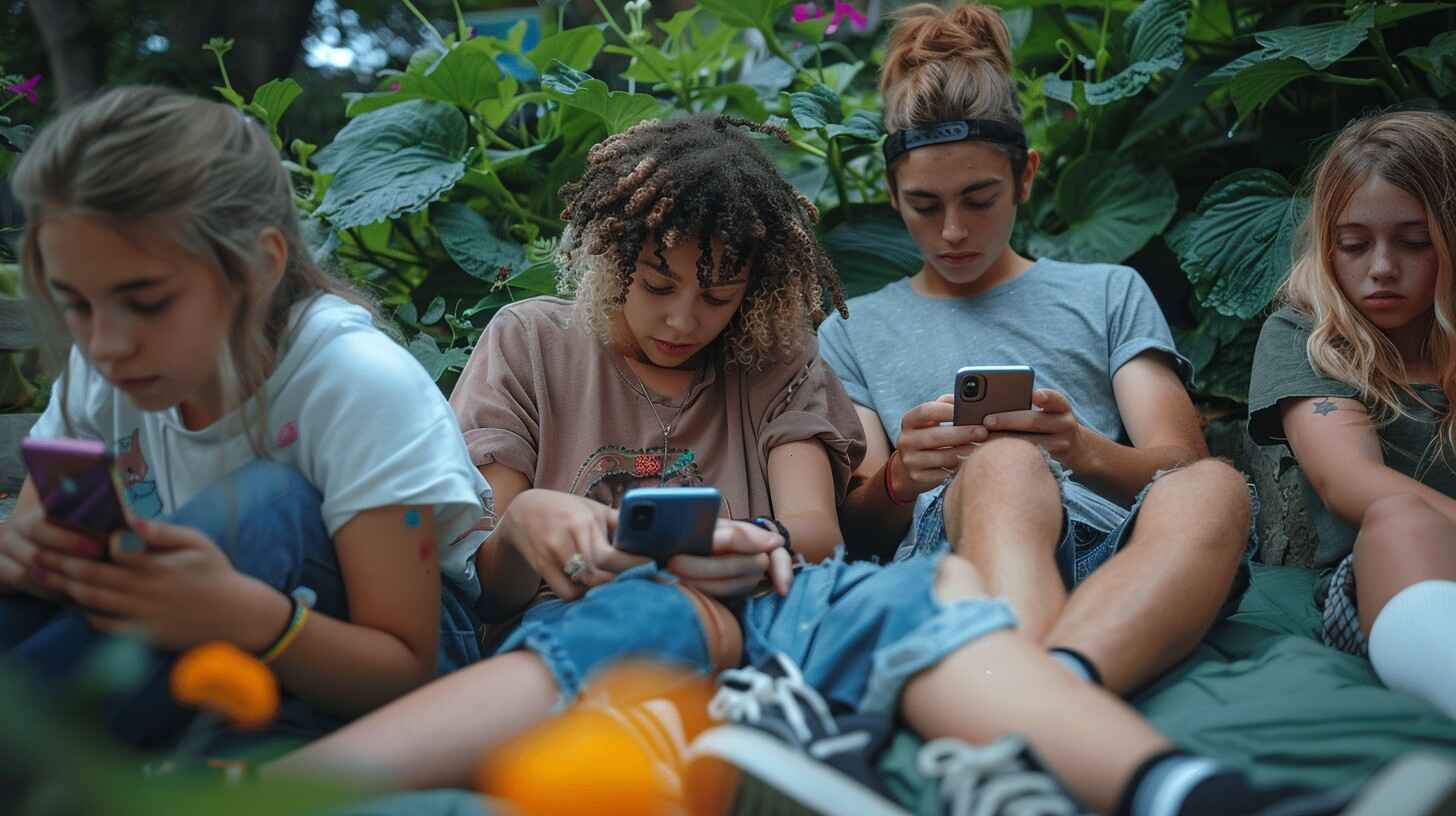

In today’s hyper-connected world, social media platforms have become an integral part of our lives. Whether it’s Facebook, Instagram, Twitter, or TikTok, these platforms have transformed the way we communicate, share, and even perceive the world. But as our time on social media increases, an unsettling question arises: Is social media making us unsocial?
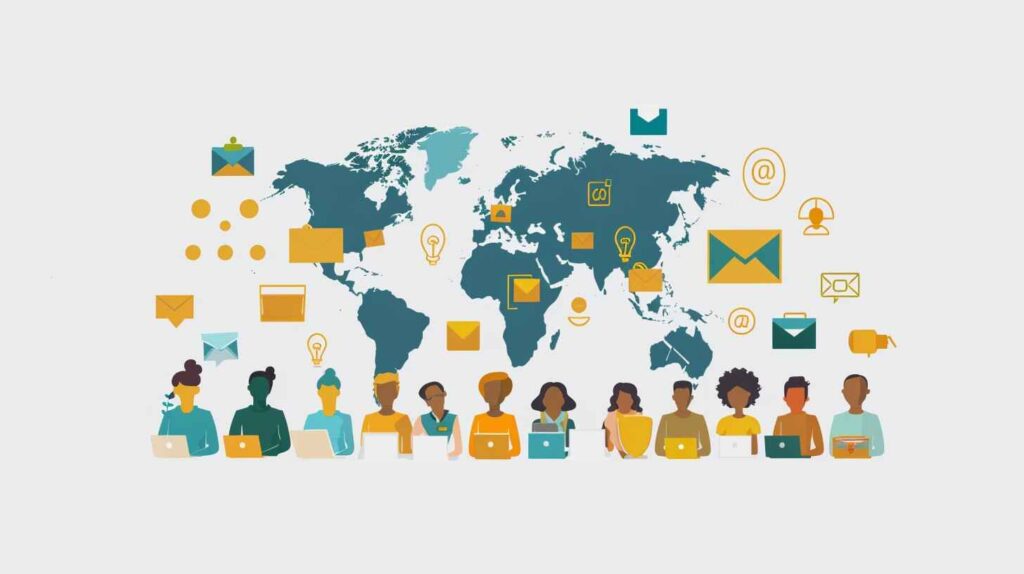
Social media has undoubtedly revolutionized communication, allowing us to connect with people across the globe with just a few taps on our screens. However, the effects of social media on our communication skills and social behaviors are a double-edged sword. While it has made it easier to stay in touch with distant friends and family, it has also reduced the quality of our face-to-face interactions.
One of the primary negative effects of social media is the erosion of genuine, in-person communication. As we become more accustomed to digital interactions, we might find it harder to engage in meaningful conversations in real life. The impact of social media on our social skills is evident when we observe groups of people who, instead of conversing, are glued to their screens, interacting with others miles away. This shift in behavior raises concerns that social media is making us unsocial.
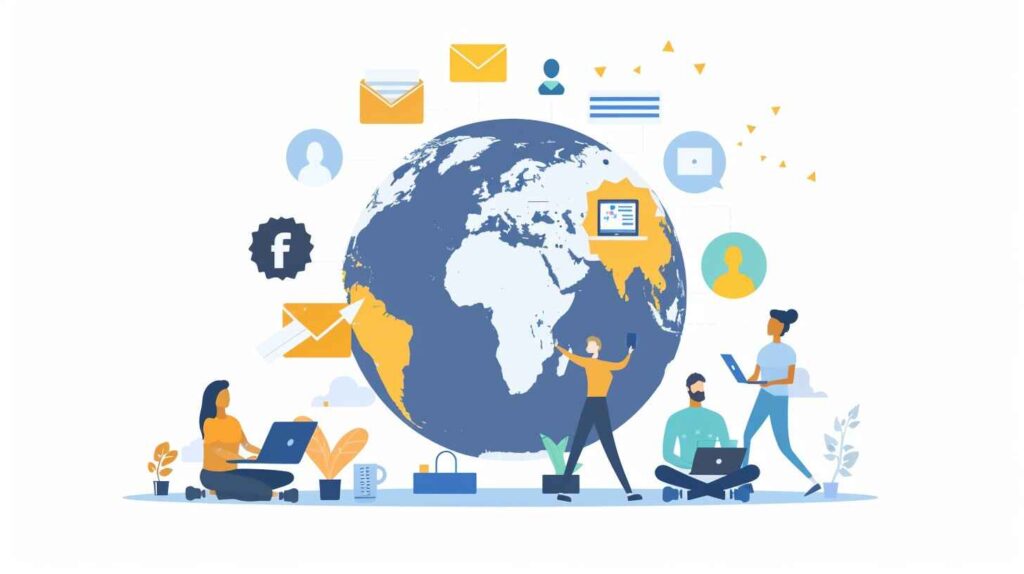
Social media platforms are designed to keep us engaged, but this engagement often comes at the expense of our real-world relationships. The negative impact of social on relationships is multifaceted. For one, the constant bombardment of notifications and updates can lead to a lack of presence in our physical environments. When we spend too much time on social media, we might neglect the people right in front of us.
Moreover, the curated nature of social media can create unrealistic expectations and lead to comparison. This can strain relationships, as individuals might feel inadequate or envious of others’ seemingly perfect lives. The excessive use of social media can foster feelings of loneliness and isolation, contributing to the notion that social media is making us unsocial.
The effects of social media on students and young people are particularly concerning. As digital natives, they are more likely to be affected by the negative effects of social media. Studies have shown that social media usage can lead to anxiety, depression, and a decline in self-esteem. This is especially true for those who are addicted to social media and rely on it for validation.
The negative effects of social media on students extend beyond mental health. Excessive screen time can disrupt sleep patterns, impair academic performance, and reduce physical activity. As students spend more time online, they might miss out on opportunities for real-world interactions, which are crucial for developing social skills. The effects of social media on students highlight the importance of moderation and balance.
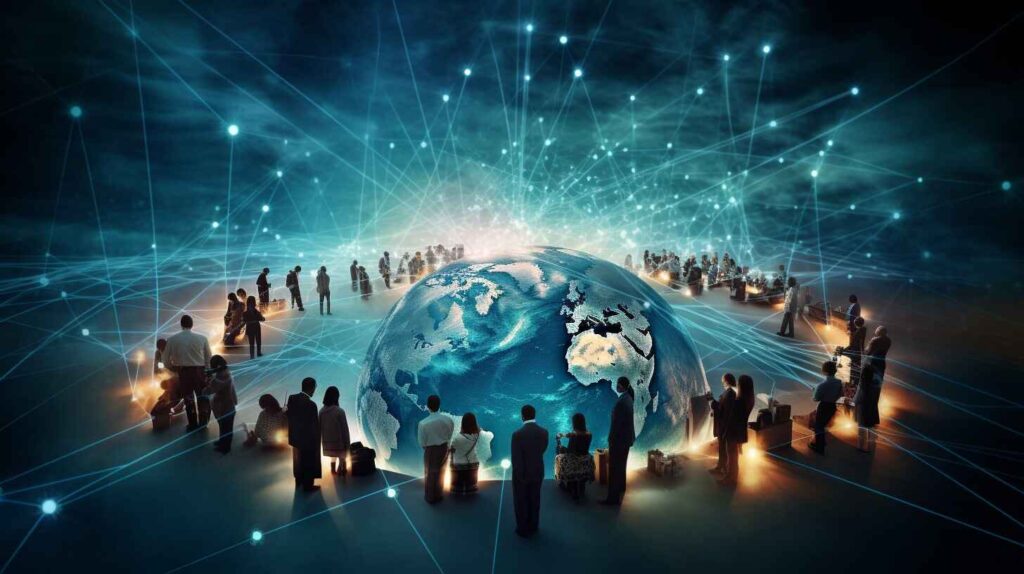
While social media has the potential to positively impact our lives by fostering connections and facilitating communication, it also has a paradoxical effect. The more we connect online, the more we might disconnect from the people around us. This paradox is at the heart of the debate over whether social media is making us unsocial.
On one hand, social media allows us to maintain relationships that would otherwise fade away due to distance or time. It can also positively impact our sense of belonging by connecting us with like-minded individuals and communities. On the other hand, the negative impact of social media cannot be ignored. When our virtual interactions replace real-life connections, we risk losing the depth and authenticity that come with face-to-face communication.
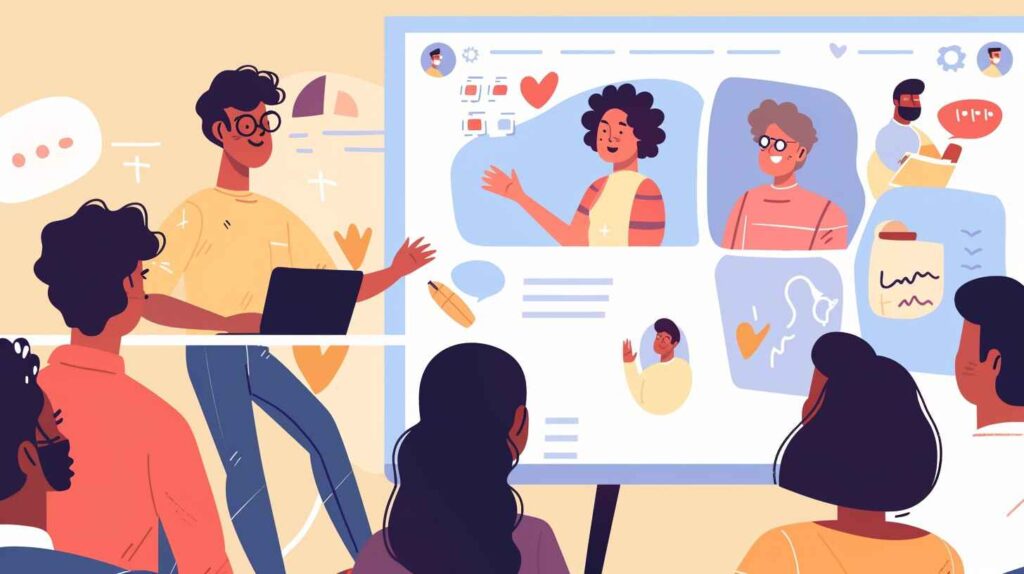
The impact of social media on our behavior is profound. It influences how we perceive ourselves and others, how we communicate, and even how we form and maintain relationships. As we become more accustomed to sharing our lives online, the line between our digital and real-world selves blurs. This blurring can lead to a decline in genuine interactions, as we prioritize our online personas over our true selves.
One of the 10 negative effects of social media is its ability to create a false sense of connection. While we might have hundreds or even thousands of social media accounts, the quality of these connections is often superficial. This superficiality can lead to feelings of loneliness and disconnection, as we crave deeper, more meaningful relationships.
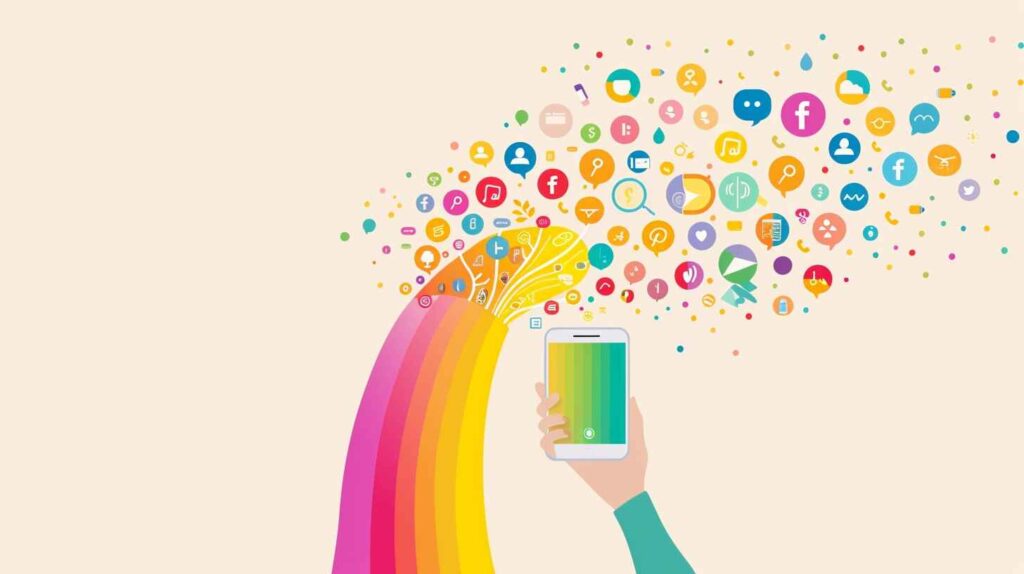
It’s important to acknowledge that social media is not inherently bad. The positive and negative effects of these platforms depend largely on how we use them. When used mindfully, social media can enhance our lives by providing us with information, entertainment, and a sense of community. It can also be a powerful tool for self-expression and activism.
However, the negative effects of social media become apparent when usage becomes excessive. When we spend too much time on social platforms, we might neglect other important aspects of our lives, such as our relationships, hobbies, and mental well-being. The key to harnessing the positive effects of social media lies in finding a balance.
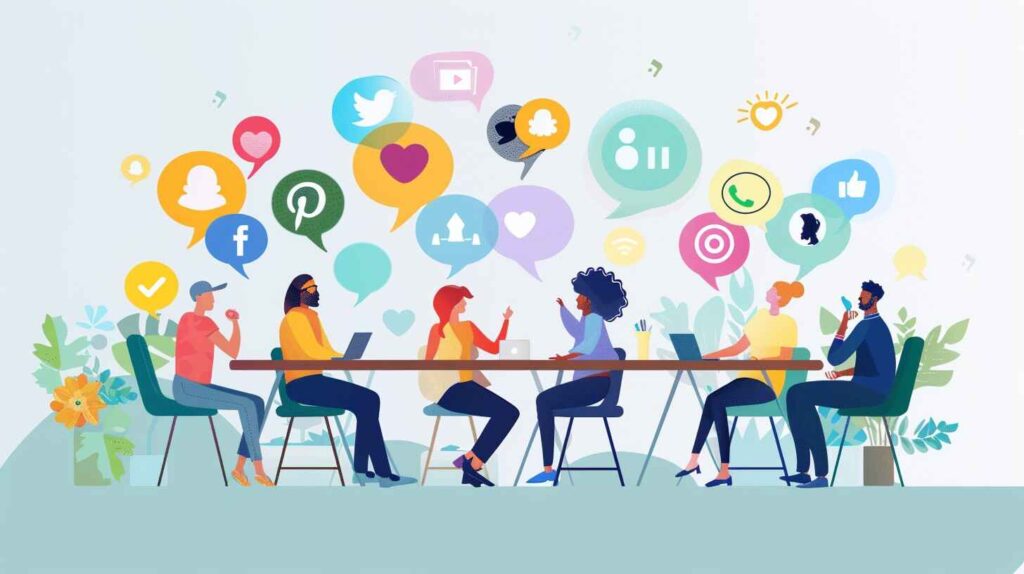
So, is social media making us unsocial? The answer is not black and white. Social media has the potential to both connect and disconnect us, depending on how we use it. If we allow it to replace real-world interactions and prioritize online validation over genuine connections, then yes, social media is making us unsocial.
However, if we use social media as a tool to enhance our relationships and stay informed, it can have a positive impact on our lives. The challenge lies in recognizing when our social media usage becomes detrimental and taking steps to mitigate the negative impact of social media.
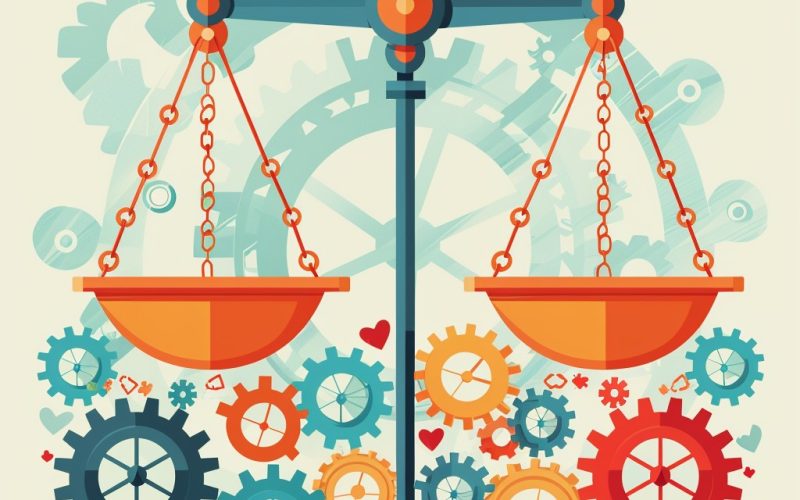
To prevent social media from making us unsocial, it’s essential to set boundaries and be mindful of our usage. This might involve limiting screen time, prioritizing face-to-face interactions, and engaging in activities that foster real-world connections. By being intentional about how we use social media, we can enjoy its benefits without falling victim to its downsides.
In conclusion, social media is a powerful tool that has transformed the way we communicate and interact. However, its negative effects cannot be ignored. As we navigate the digital landscape, it’s crucial to find a balance that allows us to stay connected without losing sight of the importance of real-world relationships. Only then can we ensure that social media enhances our lives rather than making us unsocial.
At QuilMySite, we specialize in helping businesses like yours achieve their online marketing goals. Our expert team uses a combination of top SEO tools, to optimize your website for search engines and drive organic traffic. But we don’t stop at SEO.
We offer a full range of digital marketing services, including social media management, search engine marketing (SEM), and content creation, to ensure your brand stands out in a crowded online space.
Quil is more than a marketing agency; we are ready to propel your brand into the digital spotlight. Join us on this exciting journey, and let’s create a compelling narrative for your brand that resonates with your audience and stands out in the digital landscape.